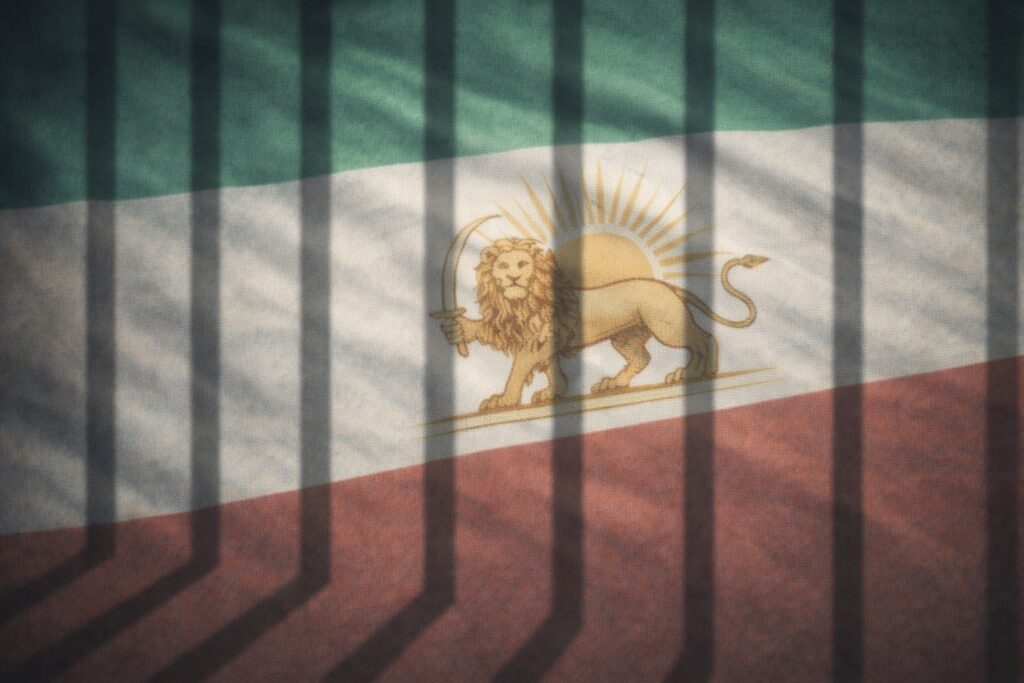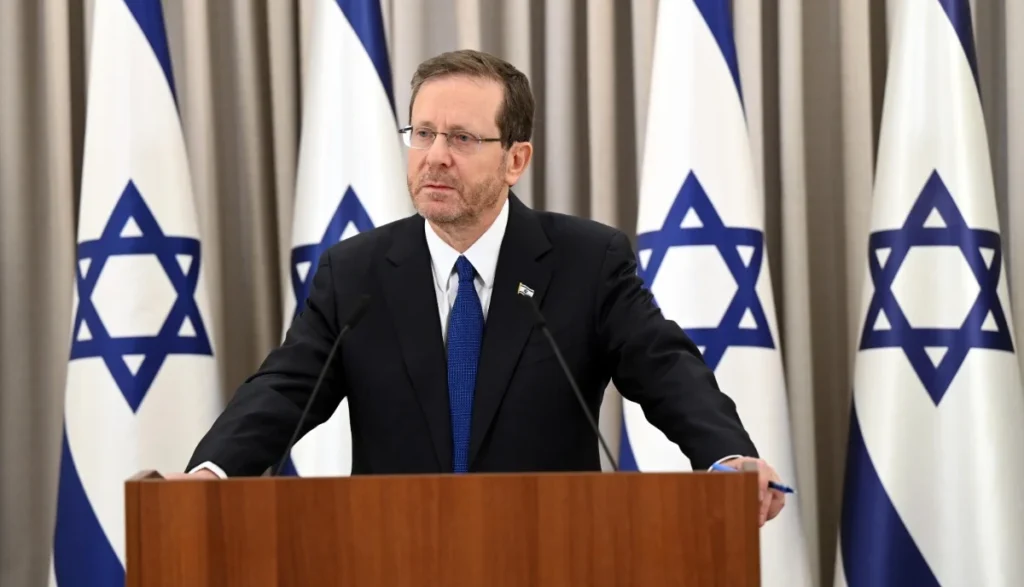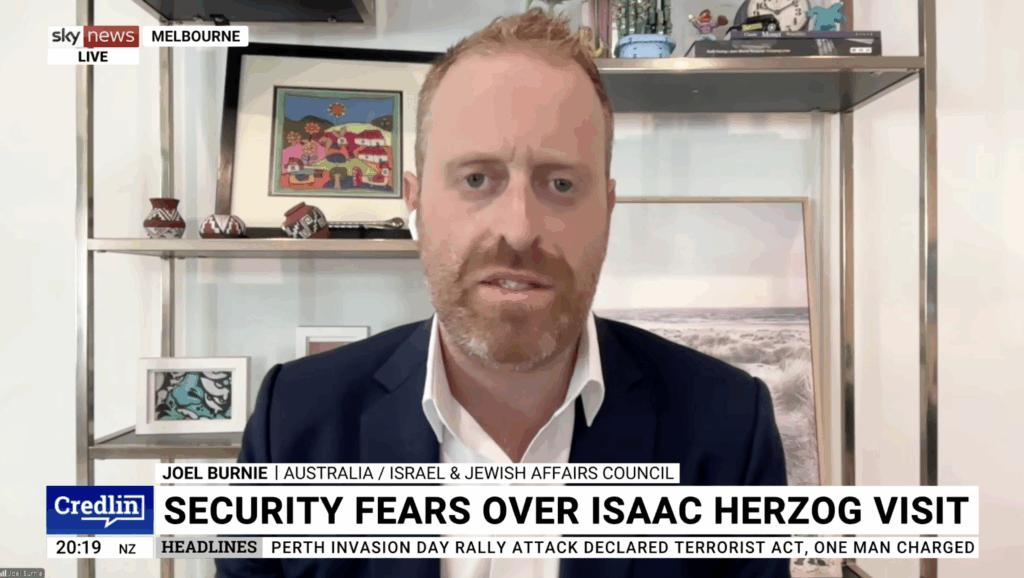UPDATES
Dangers in the Iran Nuclear Deal
April 8, 2015 | Glen Falkenstein

Glen Falkenstein
Courier Mail – April 08, 2015
PRINCE Turki al-Faisal, Saudi Arabia’s former intelligence chief, warned last month a deal that allows Iran a pathway to create a nuclear bomb could ignite a new arms race in the Middle East. Saudi Arabia and South Korea have already signed a memorandum of understanding on nuclear power. Nuclear weapons arrangements with Pakistan could be seriously examined by Saudi Arabia as a result of Friday’s announcement of a framework deal with Iran by the US and other Western powers. To be finalised by June 30, the unsigned deal has raised alarm across the Middle East.
While the deal limits Iran’s centrifuges from operating at full capacity for 10 years, after that it could continue to enrich uranium.
Concerns also surround the implementation and monitoring of the deal, since Iran historically has refused numerous demands by the International Atomic Energy Agency to inspect their nuclear facilities.
Iran’s main objective, a collapse of the effective sanctions imposed on it in recent years, will be achieved along with the subsequent revival of its economy. Iran would theoretically be subject to a snapback of sanctions if it breaches the deal, yet these sanctions would be very difficult to implement again.
Despite these sanctions, Iran has consistently provided extensive support, including finance, arms, fighters and training to groups such as Hamas and Hezbollah in Lebanon, Syria and Iraq which has fuelled Shi’ite/Sunni conflict in the region. Western allies in the Middle East, Arab and Israeli, are deeply concerned that the deal, entailing the drawback in economic sanctions and easing of Iran’s economic constraints, lacks sufficient safeguards to ensure that a prospering Iranian economy can’t provide even more support to Iranian-backed proxies to escalate war and terrorist attacks against them.
A nuclear deal that threatens Saudi Arabia and others, including Egypt and Jordan, could further undermine security in the region. It may force some countries to adopt elaborate precautions and/or nuclear deterrence options, rather than relying on the US and Western allies if the final deal does not include sufficient safeguards against Iranian challenges.
Increased nuclear proliferation in the region would likely lead to a rise in respective stocks of prohibited weapons, exacerbated tensions between major powers, overt anxiety among smaller, nuclear-free states and in extreme circumstances, threats to deploy said weapons.
While Western powers including the US have been covertly operating with Iranian military forces in an attempt to counter the spread of ISIS in Iraq and Syria, a nuclear-armed Iran is viewed by many as a more significant long-term threat than ISIS.
With Foreign Minister Julie Bishop’s scheduled visit to Iran in two weeks, it is now critical for all Western powers to take great care to avoid prematurely conferring undeserved legitimacy to a still extremist, radical Shi’ite regime.
Glen Falkenstein is a policy analyst at the Australia/Israel & Jewish Affairs Council.
Tags: International Security, Iran





